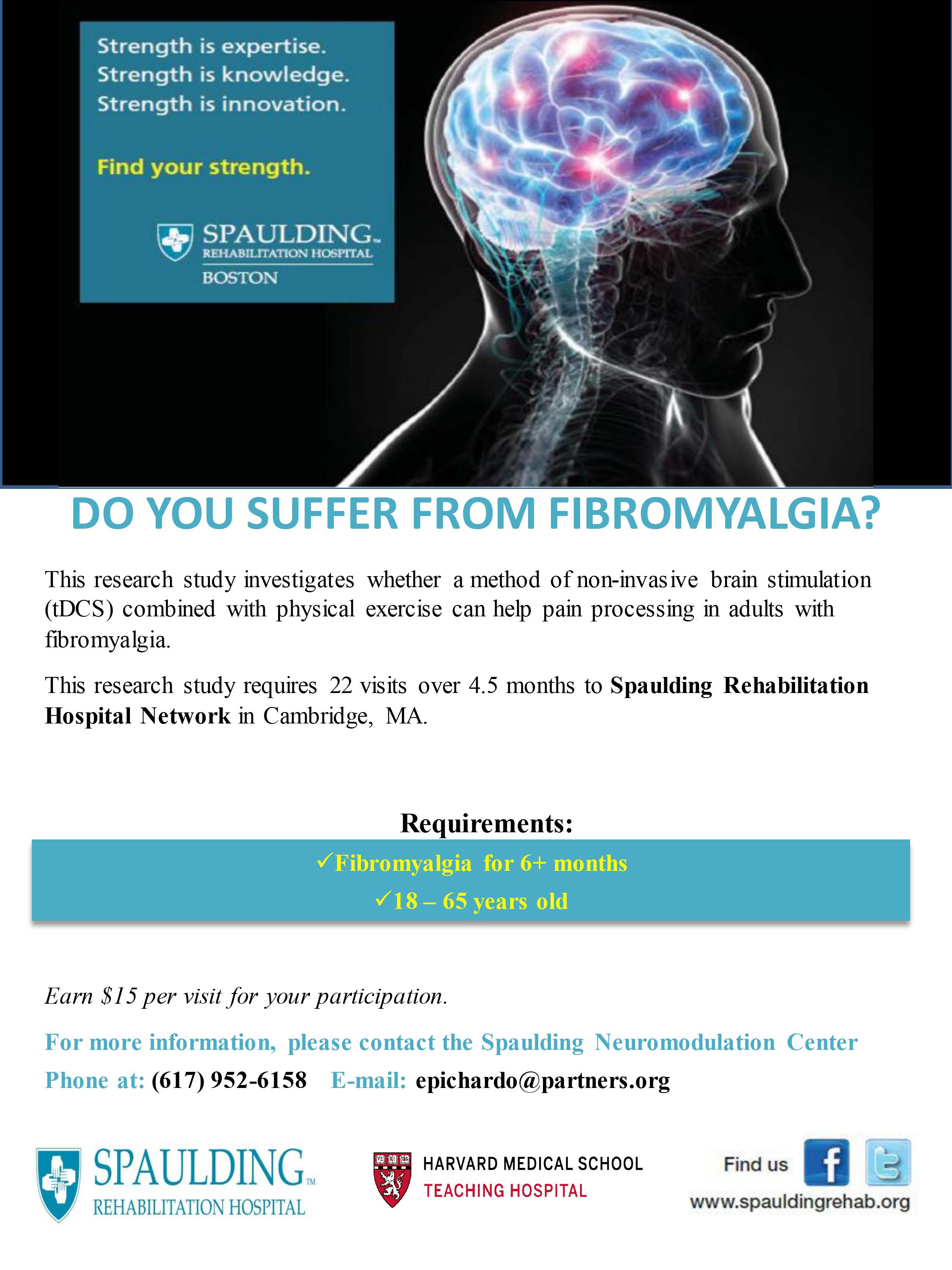Recent Research
Research articles
NIH ME/CFS Inpatient Study Findings Released, to Mixed Reception
- Details
- Last Updated: 05 March 2024 05 March 2024
NIH ME/CFS Inpatient Study Findings Released, to Mixed Reception
As many in our community are aware, the findings of the ambitious inpatient study of ME/CFS at the NIH were published in late February in Nature Neuroscience. This study, which took eight years and $8 million, studied only 17 participants who had ME/CFS for less than five years. Enrolment had to be limited due to the pandemic, and the study chose to not enroll patients with longer-term illness in order to eliminate deconditioning as a factor.
The reception of the study’s findings by ME/CFS organizations and researchers have been mixed. There has been positive response to the finding of chronic activation of the immune system, as well as measurable abnormalities in the brain, blood vessels, the gut microbiome, and energy metabolism. Despite the study’s small size and limitations, the depth and range of testing – taking place over two weeks of inpatient residence at the NIH in Bethesda – was historically significant. We thank the NIH researchers involved for their diligence and dedication, and we particularly thank the people with ME/CFS who gave their time and risked their health to participate in the study.
However, we agree that post-exertional malaise (PEM), the signature symptom of ME, was not well integrated in this study, with a 1-day CPET test being administered rather than the 2-day CPET. And MassME joins other organizations and researchers in deploring the study’s prominent use of the term ‘effort preference’ in their characterization of fatigue, and encourage the study’s authors to amend the paper or publicly clarify their of the use of this term to avoid less-than-careful readings that might lead to continued psychologizing of this illness.
If you want to read further reactions to the NIH study we recommend the response statement from the Bateman Horne Center and corresponding coverage in Medscape, Anthony Komoroff’s summary in Harvard Health, David Tuller’s interview with MGH researcher Mike VanElzakker, and coverage by the NYT and Scientific American.
Working with your FM doctor
- Details
- Last Updated: 03 January 2016 03 January 2016
When a health care provider suspects a diagnosis of fibromyalgia, often s/he will refer the patient to a rheumatologist to confirm the diagnosis. This may take one or more visits. Sometimes the rheumatologist will continue to follow the patient but often the patient will be referred back to the primary care provider for continued care.
As with any condition, health care providers vary in their knowledge of fibromyalgia, and even in their attitude toward this condition. If you feel that you are not getting appropriate care from any doctor, a frank discussion at the next appointment may help. Lean more about Working with your Health Care Provider.
Leading Doctors Explain ME/CFS in videos and text
- Details
- Last Updated: 30 November 2015 30 November 2015
IACFS/ME 2014 Conference Summary by Dr. Rosalind Vallings. Detailed written summary.
Video of Dr. Komaroff's 2013 lecture to MassCFIDS "CFS Research: Recent Progress and Challenges." The extensive Q & A addresses treatment.
Dr. Komaroff's summary to MassCFIDS of the 2011 IACFS/ME Conference. Detailed written summary.
IACFS/ME 2011 Conference Summary by Dr. Rosalind Vallings. Detailed written summary.
Dr. David Bell's 2011 lecture to MassCFIDS "25-Year Follow-up: Rising Incapacity" on the results of his follow-up study of his patients from the Lyndonville, NY outbreak of ME/CFS. Detailed written summary and video.
Dr. Komaroff's 2010 lecture to MassCFIDS "The Latest CFS Research." Detailed written summary and video.
Dr. Komaroff's "2008 Progress Report on CFS Research." Article by Dr. Komaroff.
Dr. Nancy Klimas's 2006 lecture to MassCFIDS "Research Advances in CFS: Impact on Treatment." Detailed written summary.
Dr. David Bell's lecture to MassCFIDS described in the detailed article "A Conceptual Breakthrough? Dr. Bell Relates 'Very Exciting' Findings on Possible Causes, Tests, Treatments for ME/CFS."
Important Treatment Articles
- Details
- Last Updated: 03 January 2016 03 January 2016
General
Books about Fibromyalgia and ME/CFS
Books about Pain and Pain Management
Chronic Pain Control by Dr. David Bell
Complementary and Mainstream Treatment Approaches by Dr. Jeanne Hubbuch
Conventional Medicine—overview of classes of medications
Dr. Gudrun Lange Reviews Neuropsychological Testing
Recommended for patients with FM undergoing anesthesia by Dr. Charles Lapp
Tips for Sleep and Fatigue Management by Dr. Jo Solet
Exercise and Nutrition
A minimal and achievable exercise program by Dr. Nancy Klimas
Supplements
Review of Nutritional Supplements used by FM patients
Ambien may leave older patients at greater risk of falls
Dr. Cheney Warns against Long-term Use of SSRIs and Stimulants
Drugs that can cause FM by Dr. Byron Hyde

